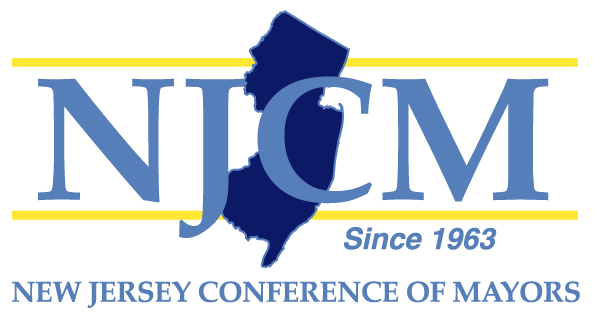TRENTON — Legislation sponsored by Senate President Steve Sweeney (D-Gloucester, Cumberland, Salem) and Senator Joe Kyrillos (R-Monmouth) that would promote taxpayer savings through the creation of greater efficiencies within government cleared the full Senate today.
“If governments don’t wish to run their towns more cost-effectively, there is no reason the taxpayers of New Jersey should have to foot their bill,” said Sweeney. “It is time we start providing the necessary incentives to get us moving on shared services. Towns can share services with each other while not losing their individual identity or the uniqueness of their communities. The bottom line is that the taxpayers of this state need a break and shared services is one way to give it to them.”
“While I would like to have seen us go further with this bill in removing some of the barriers towns face in sharing and consolidating services, this is an important first step,” said Kyrillos. “Tax dollars cannot continue to underwrite duplicative and unnecessary layers of government at the local level. New Jersey has reached the point with regard to property taxes where home rule is not justification enough for refusing to share services.”
The legislation, S2, would require New Jersey’s Local Unit Alignment, Reorganization, and Consolidation Commission (LUARCC) to study municipal governments to determine where taxpayer dollars could be saved through sharing of services. If the study shows that a savings can be realized through sharing that service in one or more local governments or departments, the question of whether to do so or not would be put to a public referendum in all municipalities involved, assuming those municipalities do not enter into a shared services agreement on their own. If the towns involved fail to either enter into a shared services agreement or pass the proposal by public referendum, they would be subject to losing state aid in the amount equal to what they would have saved had they shared the service. If one town approves it but another denies it, only the town that denied it would lose aid.
The bill would also make it easier for municipalities that choose to share services to reorganize civil service employees, creating greater efficiency. This would address a concern raised by local government leaders that civil service rules serve as a barrier to sharing services. In putting together the legislation, the bill sponsors met with numerous local elected officials who provided valuable input on the issue of shared services. The legislation now moves to the Assembly.
